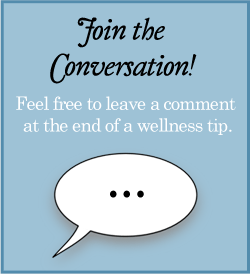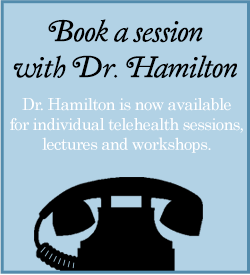 Do You Have Stage Fright?
Do You Have Stage Fright?
If you have stage fright you aren’t alone. This reaction cuts across all performance settings, affecting pilots, public speakers, students taking exams, and athletes—just to name a few. Performing artists are even more vulnerable to this form of stress, since they’re constantly being evaluated by others (and themselves). While it’s normal to get anxious before an important event, you need to know how to handle your reaction.
1) The first step is to be aware of your fears rather than denying them, so that you don’t arrive unprepared for an audition or a show. Self-defeating thoughts and patterns are often the culprits. Here are some examples:
2) All-or-Nothing Thinking. If you make one mistake, you view the whole event as a total failure. This form of distorted thinking may cause you to overwork and become fatigued. Or, you may worry excessively to the point of distraction, tripping over the scenery.
3) Assuming the Worst. Unless you have specific information, try not to jump to negative conclusions, such as “my director hates my work” because you weren’t cast for the lead role. Ambiguity is easy to misinterpret, affecting your motivation and self-worth.
4) Exaggerating Problems. Everyone has off days, injuries, and disappointments. Stress comes from making these problems into catastrophes, which cause you to panic. Physical symptoms may include a racing heart, tremors, muscle tension, and nausea.
5) Downplaying Personal Assets. Performers often tend to be their own worst critics in the quest for perfection, always looking for ways to improve their percieved flaws. Unfortunately, this approach ignores what you’re doing right and can impair your self-confidence.
Emotional Reasoning. Just because you feel like a no-talented loser, or something equally awful, doesn’t mean it’s true.Your mood can taint the way you feel about yourself and, if left to its own devices, can become a self-fulfilling prophesy.
Occasionally, everyone has these cognitive distortions. Yet they can have a particularly negative impact on your performance. To cope more effectively, consider keeping a three-column diary where you list the stressful situation, the automatic thought (or image) that preceded your stage fright, and then counter it with a rational response. The trick is to believe in your healthier reponse. When in doubt, ask yourself what you’d say to your best friend in a similar situation. Cognitive-behavioral therapy can also be useful in combating stage fright. Your State Psychological Association can provide a referral to a therapist who uses this treament approach.








